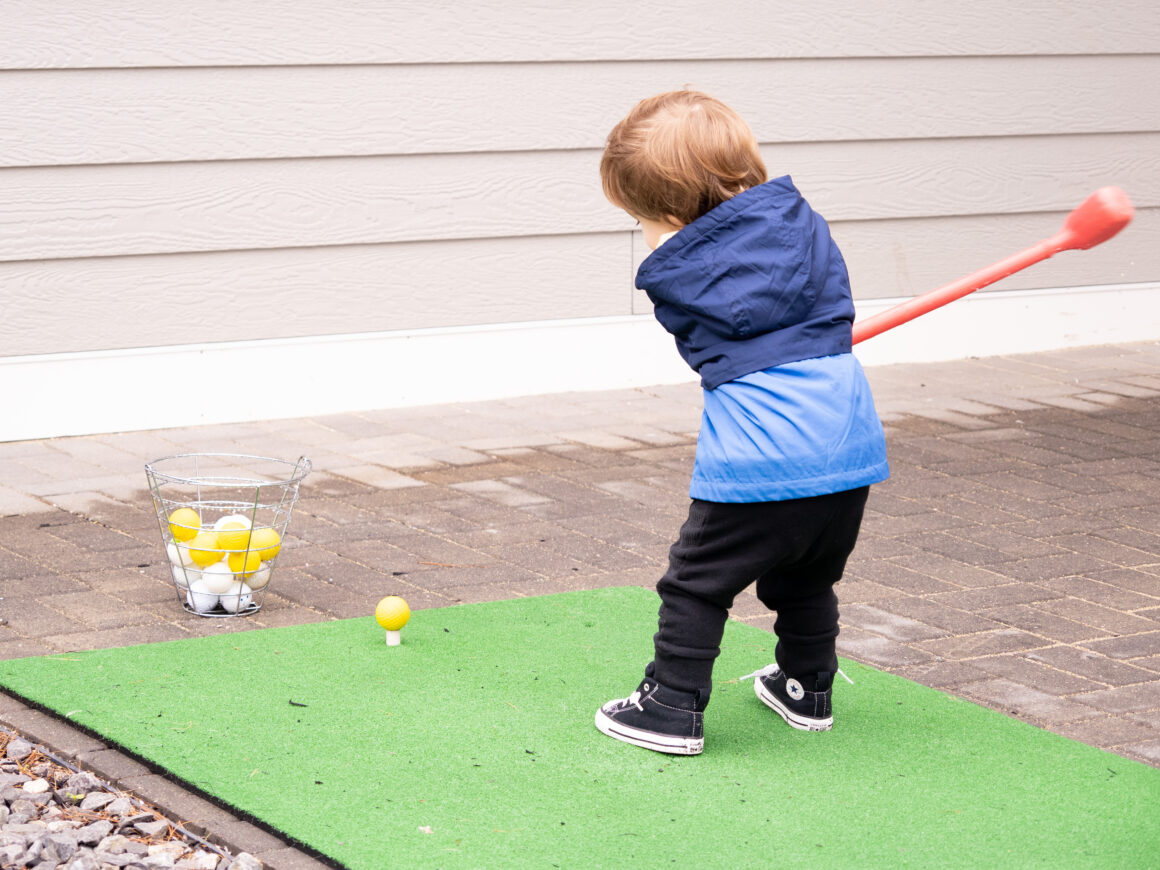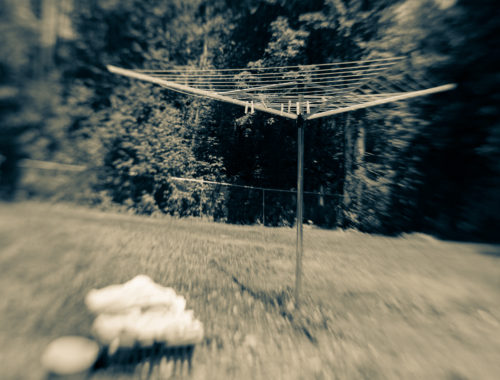
One Line Leads to This
Well, the post in my email inbox was only one line long and it intrigued me: “I really don’t like cagey people.” Celia Farber wrote it, and I had a feeling I knew exactly what she was talking about, so I clicked on the link to read the comments I was sure would be there already. I found an interesting assortment, most betraying some confusion, but with these handy definitions from one fellow: “Cagey: Wary; careful. . . . Crafty; shrewd. . . . On guard; watchful. . . . Characterized by caution.” Feeling like I had something of value to add, I began crafting my own response. It turned into this post, but I still haven’t deposited anything in Celia’s comment box. Should I? Maybe just the following paragraph. No. I think I’ll go with the next three. There. Shared.
I know exactly what you mean, Celia. I married into a family of cagey folk, and I came from a family of them. In fact, as Alice Miller pointed out, most of us are parented in ways that keep us living in fear, and cagey people are afraid. If I am guessing correctly, the specific cagey people you have in mind are afraid of making mistakes and looking like fools, so they simply will not commit to ANYTHING that cannot be “proven” to their satisfaction. Therefore, when you try to share with them something that you’ve found to be important, chances are they question you, demand that you prove it, tell you you’re crazy, come up with a half-dozen ways to “show” that you’re wrong, or just insult you.
Caginess is a trauma response that protects from shame and scorn. Cagey people are afraid to swim against the crowd, especially in matters where the cognitive dissonance is strongest: they shut out anything that goes against the narrative that rules their lives and keeps them safe.
This, too, makes sense. After all, we are most sensitive to, and protect most fiercely, those wounds that hurt the most. To an aware observer, these wounds are glaring, because they are the ones that get protected most compulsively, and often, they are the ones that get ruthlessly inflicted on others.
When I was a child, my mother, who did not even come close to meeting my emotional needs*, would get upset if my brother and sister and I did not pick up our toys, our clothes, or anything else that bugged her. “Don’t make a mess,” she’d say, and we’d try not to, because the consequences were too painful: yelling, shaming, the silent treatment, or the occasional spanking. What it taught us was that we were responsible for our mother’s mood. If we did something wrong, she’d be angry, but if we did something right, she might stay happy. This meant that my siblings and I lived in a constant state of stress, always on high alert, always working to ensure we survived. And it was a matter of survival, for if a parent stops loving a child, the child might not get fed or cared for. When a parent’s tenderness is conditional, a child intuits that their love is, too.
As we grow, we unconsciously hold tightly to the strategies that kept us safe as children, even when they are no longer needed, even when they ruin our relationships or our lives.
Because I was blind to all this for far too long, I turned around and did the same to my children, all the while telling myself I was doing things differently. Now, my husband and I work to repair damaged relationships and our damaged kids.**
That repair has taken on many forms, some better than others, and I continue to explore possibilities, mostly via books. I’ve not written about most of them, because I have overcome the trauma response that had me constantly looking for attention and approval by writing book reports and sharing all that I know so I can prove my worthiness. By working long and hard to figure out who God always meant for me to be, I now understand that my worth has absolutely nothing to do with the ways in which others perceive me. Their perceptions are their problem, not mine. I will, however, share a few books of value that I have read or am reading and recommend: Healing the Child Within by Dr. Charles L. Whitfield; Boundaries and Relationships, also by Whitfield; Healing the Shame that Binds You and Family Secrets by John Bradshaw. Oh, and Dennis is working his way through Bradshaw’s Homecoming and finding it extremely helpful. An excellent book on parenting is No Bad Kids: Toddler Discipline without Shame by Janet Lansbury.
*Neither did my father, but that damaged me in other ways, because he “parented” differently. In fact, he was mostly absent—yes, even when he was present.
**I am well aware that I’ve written here, numerous times, about this stuff, but an essential part of healing involves telling our story as many times, and in as many ways, as we need to.




